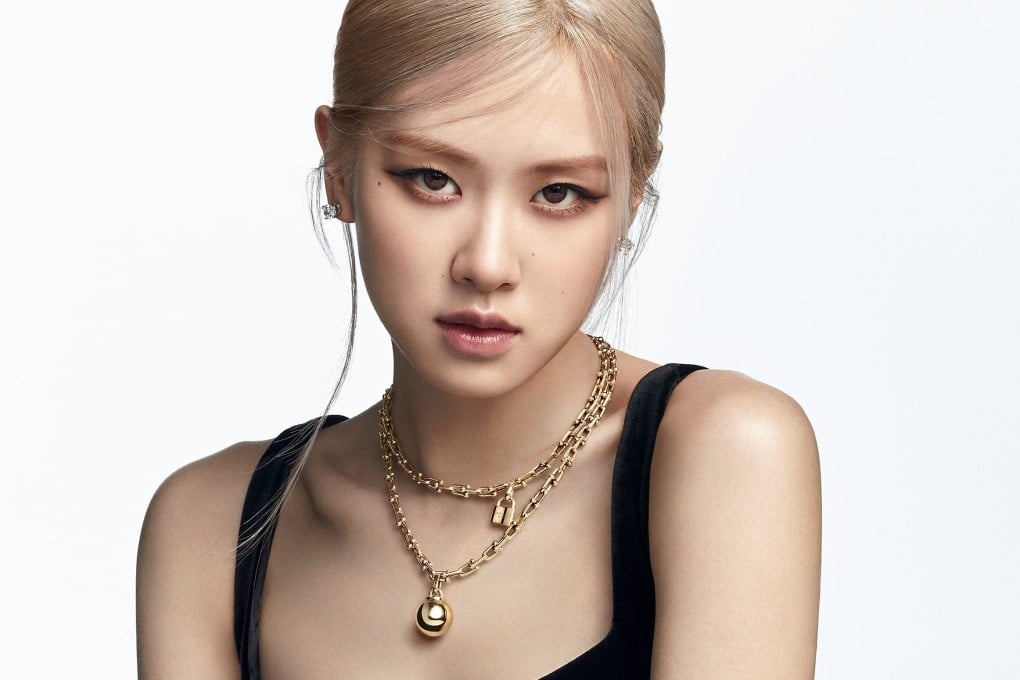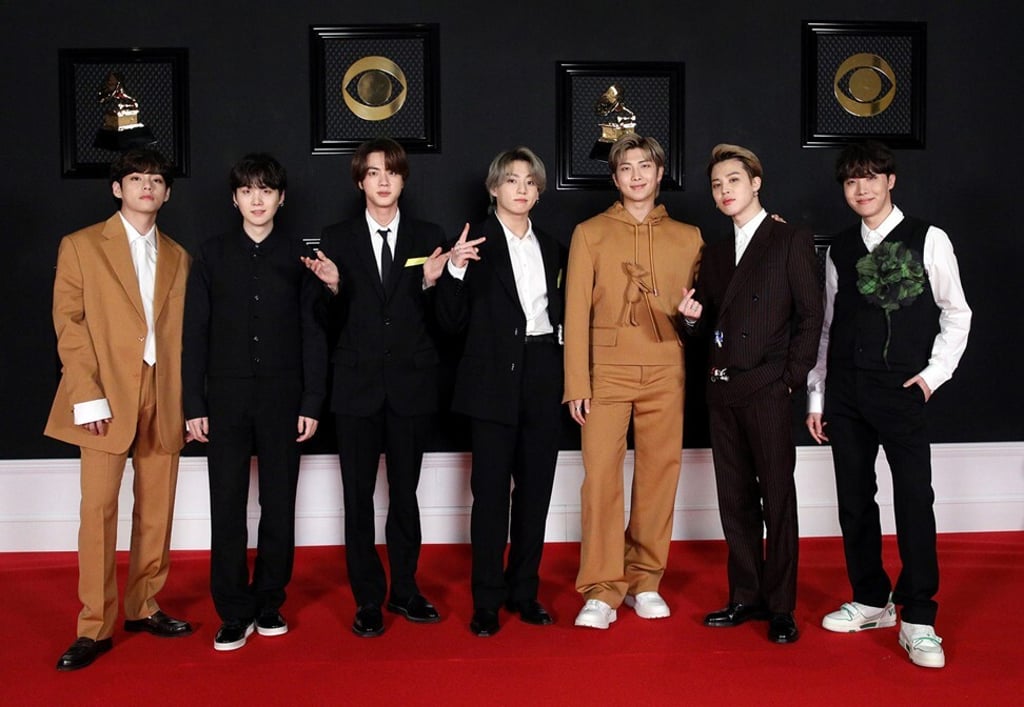Advertisement
BTS for Louis Vuitton, Blackpink’s Jisoo for Dior: why luxury brands are choosing Asian celebrities as their global ambassadors
- A slew of Asian-fronted campaigns for luxury brands marks a move away from picking stars that meet traditional Hollywood standards of beauty
- Experts point to the pandemic as one reason for the move from Caucasian-centric advertising and the importance of Chinese customers in luxury as another
Reading Time:3 minutes
Why you can trust SCMP
15

Julia Roberts baring a toothy grin for Dior and Cate Blanchett looking sultry for Giorgio Armani. Keira Knightley gazing at the Eiffel Tower for Chanel and Rihanna lounging on a trapeze for Balmain.
Until recently, the highly lucrative role of celebrity ambassador has largely been reserved for a particular type of person.
Luxury brands tended to pick actresses and singers who are household names in the United States and Europe to be their global ambassadors. They command a far higher fee than their regional peers, and their faces are displayed on billboards and in magazines around the world, not just in their home countries.
Advertisement
In a move that illustrates just how much culture has changed in the last year, K-pop group BTS became house ambassadors for Louis Vuitton last month. They will work with the brand to promote its clothes and accessories around the world.

Advertisement
“I am delighted BTS are joining Louis Vuitton. I am looking forward to this wonderful partnership which adds a modern chapter to the House, merging luxury and contemporary culture,” Virgil Abloh, Louis Vuitton’s men’s director, said. “I can’t wait to share all the very exciting projects we are working on.”
Advertisement
Select Voice
Select Speed
1.00x